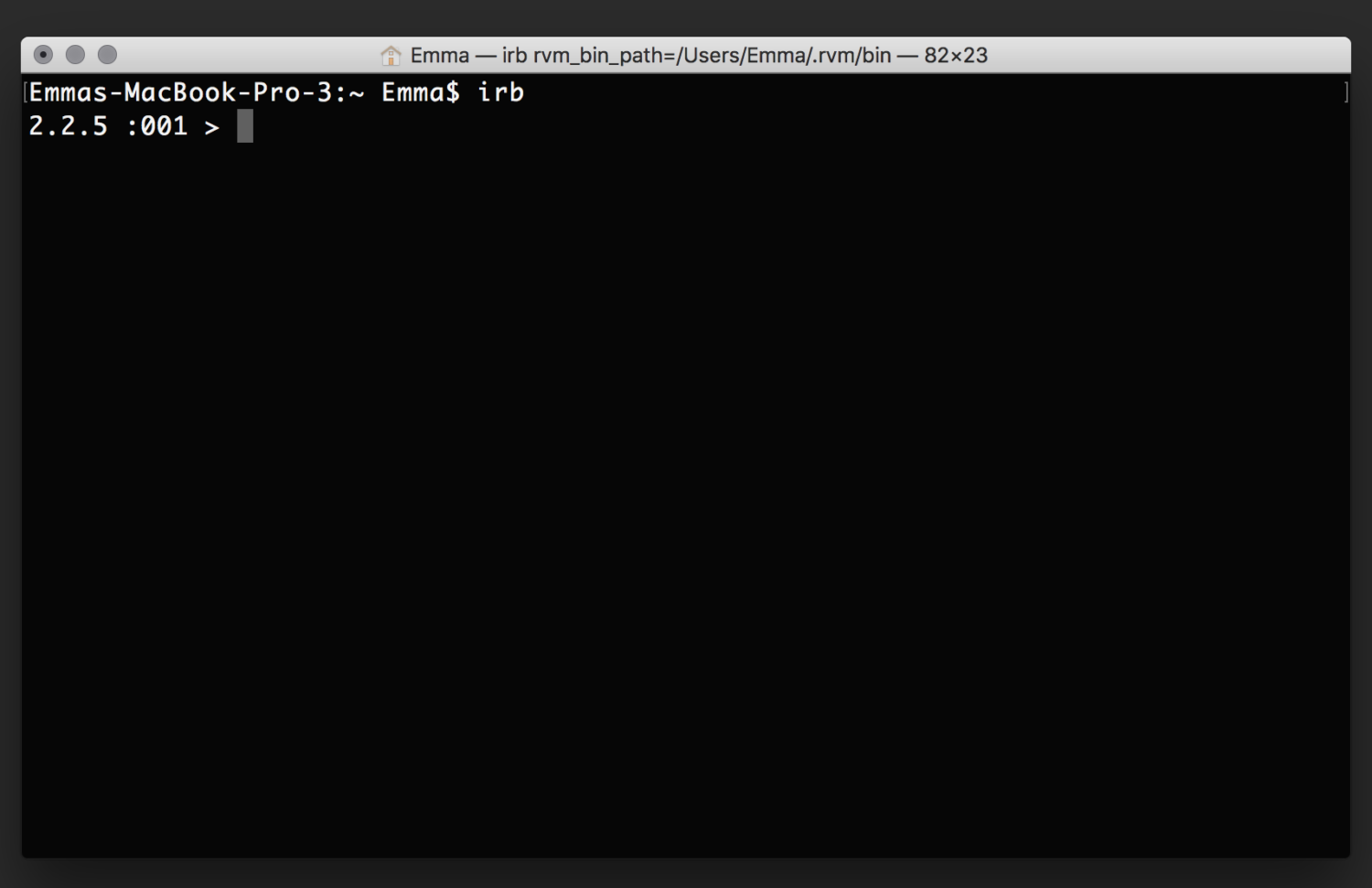
Coding at the Castle
Posted on October 2, 2018 in Oxford

On Thursday 20th September, SYP Oxford hosted a special extended event which included a practical workshop element, as well as super presentations from our panel of speakers who were highly knowledgeable about both publishing and code! The event was a success, with a great turnout and lots of positive feedback on Twitter.
As coding is a relatively unfamiliar topic to many in publishing, many of the acronyms were baffling! Our speakers also mentioned lots of useful websites to check out if you’re interested in furthering your knowledge of code. In case you didn’t manage to jot them all down – or were unable to make it on the night – our speakers have written up a blog post with links to their slides and further resources.
Emma’s slides
Emma both wielded a stick and dangled some carrots in an attempt to provoke and inspire the full-house audience to improve their technical literacy.
Here are her slides. And here’s her code-as-poetry.
class Book
def initialize(name:, jacket: :draft)
@name = name
@jacket = jacket
end
def name
@name
end
def jacket
@jacket
end
def transmit
Transmit
end
# :haiku:
def send_if_approved
if jacket == :approved
transmit.new([:everyone]).call
else
jacket_destroy
end
end
# Read as:
# if jacket approved
# transmit new everyone call
# else jacket destroy
# :haiku:
def jacket_destroy
jacket == :destroyed
puts "Destroyed #{Time.now}"
end
# Read as:
# def jacket destroy
# jacket equals destroyed
# puts destroyed time now
end
class Transmit
def initialize(recipients)
@recipients = recipients
end
def recipients
@recipients
end
def call
send_the_jacket
Log.new("Transmitted to #{@recipients.join(', ')} #{Time.now}")
end
private
# :haiku:
def send_the_jacket
# TODO: need to write the code
# 'twas ever thus
end
# Read as:
# def send the jacket
# to do: need to write the code
# hash twas ever thus
end
class Log
def initialize(data)
@log = data
puts @log
end
end
# :iambic_pentameter_sonnet:
def send_the_jacket_to_the_shops(my_books)
my_books.select { |book| book.jacket == :approved }.each do |book|
book.transmit.new(
# the aggregators
[:nielsen, :bowker]).call
puts "#{book.name} sent to aggregators all"
book.transmit.new([:al_saqi, :kew, :five_leaves]).call
puts "#{book.name} sent to some indies"
book.transmit.new([:nbni]).call
puts "Warehouse has got #{book.name}, one and all"
book.transmit.new([:gardners, :bertrams])
puts "Wholesalers have #{book.name} in the can"
book.transmit.new([:ebsco] && [:jstore])
puts "Academics have #{book.name} for sure."
puts "Every bookstore all throughout the land " \
"has #{book.name}'s jacket in their very hands"
end
end
# Read as:
#
# Def send the jacket to the shops, my books
# My books, select book book jacket approved,
# Each do, book block, book dot transmit dot new.
# (The aggregators) Nielsen, Bowker, call
# Puts book name sent to aggregators all
# Book transmit new Al Saqi, Kew, Five Leaves,
# dot call /
# puts Book name sent to some indies,
# Book transmit new NBNI dot call
# puts "Warehouse has got book name, one and all"
# book dot transmit dot Gardners, Bertrams,
# puts "Wholesalers have book name in the can"
# Book transmit new EBSCO and and JSTOR
# puts "Academics have book name for sure."
# puts "Every bookstore, all throughout the land"
# "has book name's jacket in their very hands"
# (end end)
my_books = []
my_books << Book.new(name: "Persuasion", jacket: :approved)
my_books << Book.new(name: "Lolita")
my_books << Book.new(name: "Possession")
my_books << Book.new(name: "Beowulf", jacket: :approved)
- If you’re using Mac OS X, open up Terminal (Google open terminal mac) and type irb, then press enter.
- If you’re using Linux, open up a shell (Google open shell linux), type irb and press enter.
- If you’re using Windows, install Ruby, then open Interactive Ruby from the Ruby section of your Start Menu
You’ll be at a prompt, just like a a blinking cursor at the start of a Word document. It will look like this:

Paste all the code in to the irb window. Then press enter so that the irb console can accept the code, ready to execute it at your command.
You’ll see the prompt again. Paste in the following text to execute the commands.
send_the_jacket_to_the_shops(my_books)
Notice if anything happens, and read back through the code to see if you can follow what happened.
Then paste in the following text, press enter, and see what happens:
my_books.each { |book| book.send_if_approved }
Sara’s slides
Sara wowed folks with code that allows Harry Potter to defeat a dementor. Here are her slides.
Resources
Here are the resources we mentioned:
- Consonance publishing and tech blog
- Consonance documentation
- Non-technical intro to ONIX
- Ruby code and why you should care
- Menial jobs are destroying your future “Word” and “Excel” are not “IT skills”. They are typing. We recruit young, pretty women (go on, deny it), and we give them secretarial jobs.
- A Designer’s Guide to XML & InDesign
- 15 minute Ruby tutorial
- Learn Enough to be Dangerous (Highly recommended reading to every last person in publishing)
- Rails Tutorial (create Twitter!)
- PR Coverage tool (the pricing is higher than I remembered, sorry. All the more reasons to write your own!)
- The Pickaxe Book
- Ruby Mechanize. Their guide is good.
Emma and Sara have said they are very happy to offer support to anyone interested in learning code – feel free to reach out to them on Twitter.
The majority of this post first appeared on the Consonance blog.




 Listen to the podcast
Listen to the podcast  Explore the Youtube channel
Explore the Youtube channel